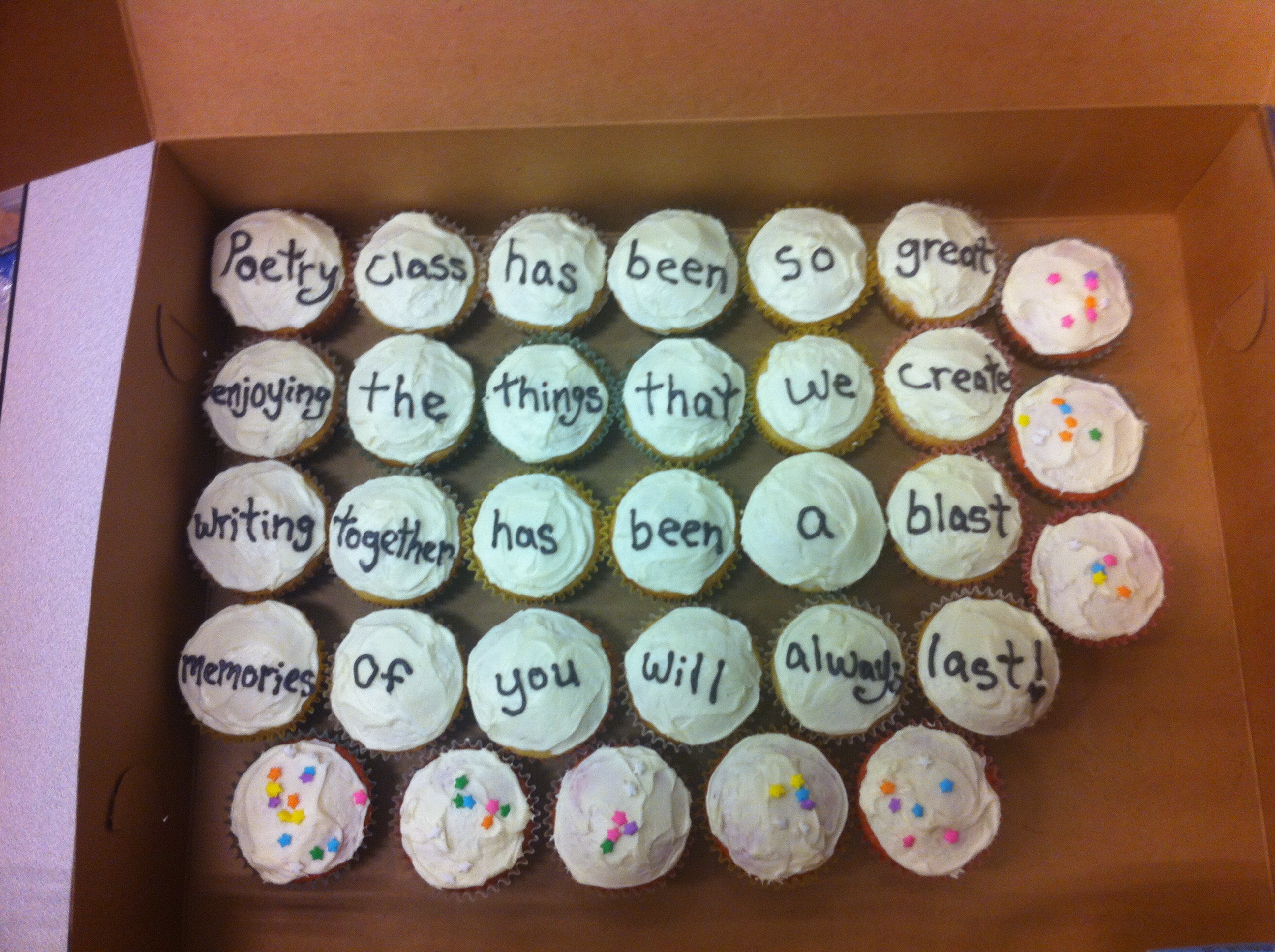Charm
The botanist’s magnifying glass is youth recaptured. It gives him back the enlarging gaze of a child.
–Gaston Bachelard
Automatic doors seal shut, the air artificial and cool. Thick with the smell of a deep fat fryer, freshly butchered meat, bananas just out of cold storage. Mom gets a cart. You linger in the alcove of news racks and gumball machines, one filled with Chiclets, another with jawbreakers big as golf balls, and this one, the one that dazzles you, its display card alive with trinkets and plastic charms . . . You align your dime into its special slot. Crank the metal handle. The mound of treasure shifts, a small upheaval, and you hear the plastic capsule rattle down the chute. Will it be a tiny bird whistle—yellow, orange, or baby blue—that when filled halfway with water and blown will chirp and warble? Or the salmon-pink Cupid with his sideways glance, bow drawn back, one leg flexed behind him? These would please you, held tightly in your hand or strung on a chain, but the miniature magnifying glass—something small that lets you see things even smaller, this is what you want, what you need and you already see yourself sliding it in and out of its little red sheath.
Marjorie Manwaring lives in Seattle, where she is a freelance writer/editor, co-editor of the online poetry and art journal the DMQ Review, and member of the Floating Bridge Press editorial board. Her chapbook What to Make of a Diminished Thing is forthcoming from Dancing Girl Press in spring 2012, and a full-length poetry collection will be published by Mayapple Press in February 2013. “Charm” previously appeared in the 2010 Jack Straw Writers Anthology.



